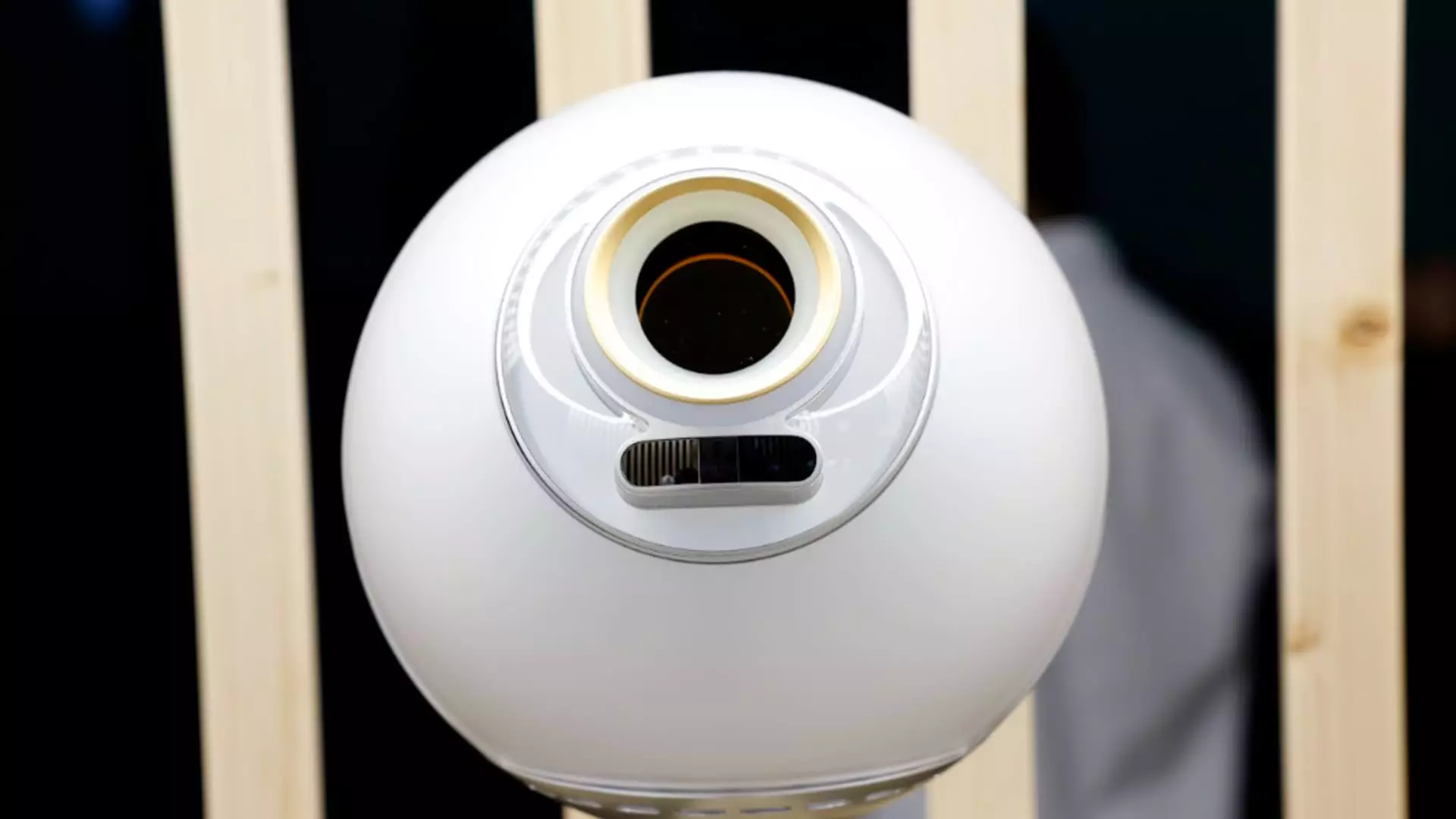In an age where technology is rapidly evolving, the need for secure and reliable identity verification systems has never been more pressing. This quest for safety and authenticity has led to exciting innovations, one of the most notable being World—an ambitious biometric identity verification project co-founded by Sam Altman, the CEO of OpenAI. Set to launch across the U.K., starting in London, World promises a paradigm shift in how we authenticate our identities and engage with the digital world.
World employs a strikingly innovative technology: the Orb, a spherical device designed to scan users’ eyes for shamelessly accurate biometric data. Upon scanning, the Orb generates a unique iris code that assures users—and their chosen applications—that they are human, not a mere algorithm. The underlying promise here is monumental; in a time when the dangers of deepfakes and AI-generated impersonations are rampant, having an unambiguous way to verify one’s human status is revolutionary.
Leveraging Biometric Data Responsibly
The promise of such technology is not without its ethical and privacy concerns. The history of biometric verification has often been marred by issues surrounding data protection and misuse. However, World has taken considerable steps to address these apprehensions by encrypting collected biometric data and ensuring the complete deletion of original data post-verification. This model aims to prioritize user privacy while providing the necessary level of security in an increasingly digital landscape.
Adrian Ludwig, the chief architect of Tools for Humanity—a principal contributor to World—asserts that the technology has transitioned “from science project to a real network.” This statement encapsulates the urgency of implementing systems designed to thwart unauthorized access to sensitive personal information. With governments and enterprises anxious to safeguard their digital ecosystems from fraudulent activities that exploit artificial intelligence, World’s initiative arrives at a time of dire need.
A Cryptocurrency Twist
Unique to this project is the integration of cryptocurrencies into the verification framework. Upon generating their iris code, users are rewarded with World’s own cryptocurrency, WLD, creating an economic model that could incentivize individuals to engage with the platform. This feature not only fosters user participation but also builds a decentralized ecosystem that is vital to the very fabric of what World seeks to accomplish.
With initial partnerships with platforms such as Minecraft, Reddit, and Discord, World showcases potential applications far beyond mere authentication. The scheme opens new avenues for virtual interactions, allowing proficient yet semi-anonymous engagement without the fears of fraud and identity theft haunting the current digital landscape.
Scalability and Applicability
World has set its sights on expanding rapidly, not only in the U.K. but also in the U.S., operating in prominent cities such as Austin and Miami. While they are ambitious, the reality of scaling quickly presents its challenges. Currently, the network boasts 13 million verified users, but ambitions to multiply this number exponentially raise questions about the infrastructure needed. The efficacy of such a verification system will be tested as its user base expands into the millions, if not billions.
One critical aspect that distinguishes World from its competitors is its decentralized verification process. Ludwig cites the advantages of processing information locally on users’ devices instead of relying on centralized cloud storage solutions. This approach may prove vital as higher volumes of traffic strain traditional verification methods, which have already become fallible in the face of increasingly advanced AI technologies.
Regulatory Obligation and Future Prospects
As World prepares for widespread implementation, it remains acutely aware of regulatory scrutiny. Conversations are already underway with various governmental bodies and data protection regulators like the Information Commissioner’s Office in the U.K. Ensuring the ethical deployment of biometric technology while addressing public concerns will be crucial to its acceptance and success.
Ludwig’s insights hint at the broader implications of World’s objectives. Governments around the world are exploring digital identity solutions, seeking to reduce reliance on physical documentation amidst growing security threats. But previous attempts—most notably India’s Aadhaar system—have highlighted significant pitfalls, including privacy violations and social inequality. By addressing these concerns head-on, World could set a precedent that not only bolsters individual security but also strengthens societal trust in digital identity systems.
In essence, World stands at a pivotal intersection of technology, ethics, and regulation. True success hinges not just on its innovative approach to identity verification but on its ability to adapt, respond, and cultivate confidence in its solutions among a wary public. As biometric verification continues to evolve, it opens doors to transformative possibilities and unprecedented challenges.


Leave a Reply